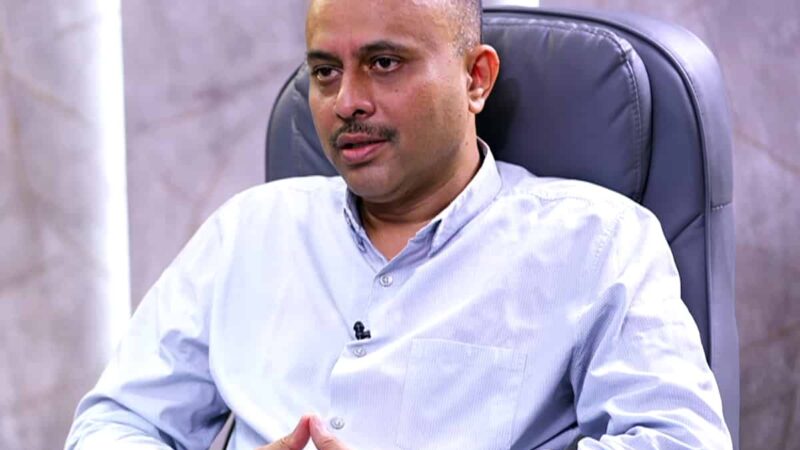Actor Saif Ali Khan underwent surgery at Lilavati Hospital in Mumbai on Thursday to remove a knife from his spine and neck after being attacked by an intruder at his home in Bandra in the wee hours. Doctors informed the media about the surgery, adding that Khan had been moved to the intensive care unit (ICU). A doctor explained to reporters that a necessary procedure was performed to take out the knife lodged into the actor’s body, at the same time, addressed a “spinal fluid leak” caused by the injury.
The human body is a spectacle of intricate systems working in harmony, and among its most delicate structures is the central nervous system (CNS). ‘Central to its function is the cerebrospinal fluid (CSF), a clear, protective liquid that safeguards the brain and spinal cord. However, when this vital fluid leaks due to trauma, surgery, or other causes, it can lead to serious health complications,” stated by Dr. Manish Patni, Neurologist, (DNB Neurology), HCG Hospitals, Bhavnagar.
Dr. Manish shares, “A spinal fluid leak occurs when a tear or hole develops in the dura mater, the protective membrane surrounding the spinal cord and brain. This allows cerebrospinal fluid to escape, often resulting in debilitating symptoms. Such leaks may arise from head or spinal injuries, surgical complications, or spontaneous causes. Common sites for CSF leaks include the spinal column and the base of the skull.”
While some spinal fluid leaks are minor and are resolved on its own, others can pose significant risks. Dr. Manish shares key dangers include:
The hallmark symptom of a CSF leak is a severe headache that worsens when standing and improves when lying down.
The loss of CSF can increase the risk of infections like meningitis, a potentially life-threatening condition.
Prolonged leaks may cause symptoms such as visual disturbances, hearing loss, or cognitive impairment.
In severe cases, untreated CSF leaks can lead to irreversible damage to the brain or spinal cord, hampering mobility, coordination, or other critical functions.
Given the serious implications of a CSF leak, proactive measures are essential:
o Use seatbelts while driving and wear helmets during activities like cycling or contact sports. Avoid risky behaviors that may lead to falls or injuries to the head and spine.
o Any head or spinal trauma should be evaluated by a medical professional to rule out a CSF leak.
o Persistent headaches, nausea, clear fluid drainage from the nose or ears, and vision changes are red flags.
o Patients recovering from spinal or brain surgery should follow all post-operative care guidelines and report unusual symptoms promptly.
o Activities that increase pressure on the spine, such as heavy lifting or intense coughing, should be done with caution.
Treatment for spinal fluid leaks depends on their severity and underlying cause. A few options are :
Bed rest, increased hydration, and caffeine intake can help minor leaks heal naturally.
A small amount of the patient’s blood is injected near the leak to seal it.
Severe or persistent leaks may require surgical intervention to close the tear in the dura mater.
Antibiotics or antivirals may be prescribed if there is a risk of meningitis.
Spinal fluid leakage is a serious medical condition that demands attention and care. Early recognition and prompt treatment are crucial to preventing complications and ensuring a full recovery. By taking precautions and remaining vigilant about symptoms, individuals can protect themselves from the potentially lifelong impacts of a CSF leak. Always consult a healthcare professional if you suspect a spinal fluid leak to safeguard your health and well-being.
Stay informed on all the , real-time updates, and follow all the important headlines in and on Zee News.










